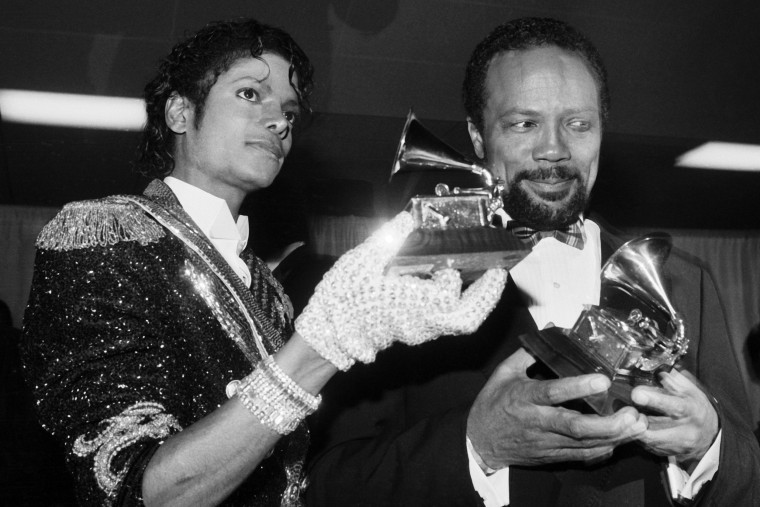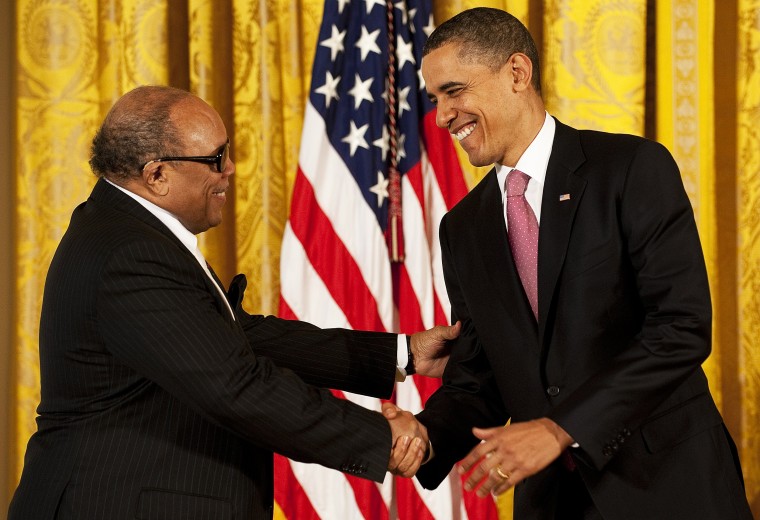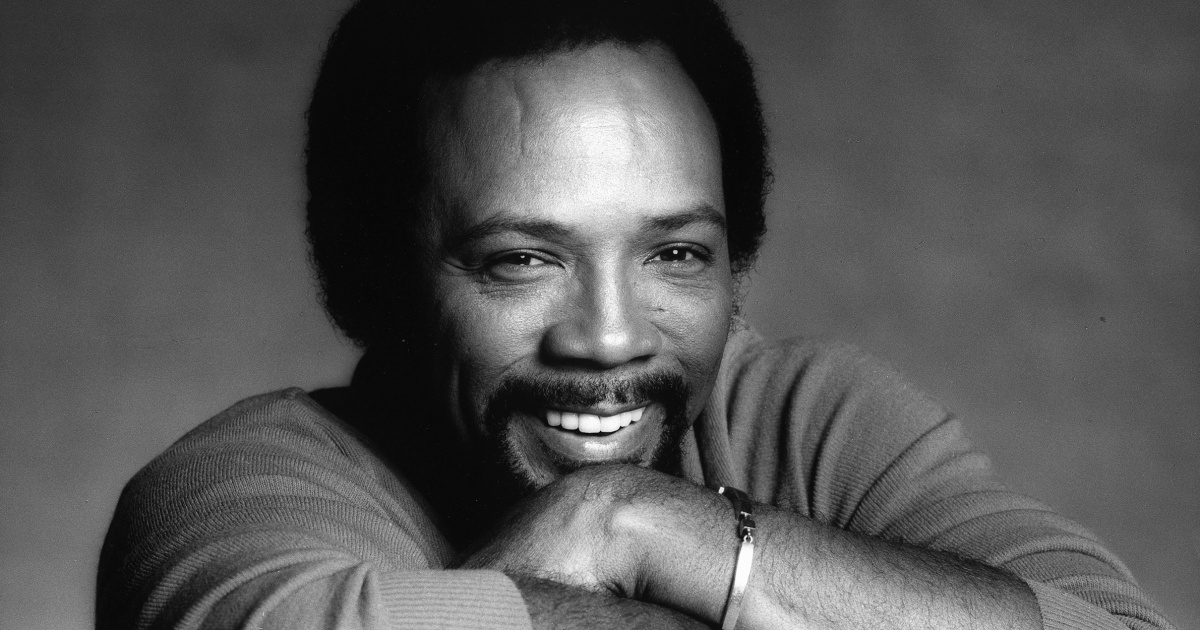Quincy Jones, musical maestro and entertainment industry titan, dies at 91
He produced Michael Jackson’s smash record “Thriller,” as well as Steven Spielberg’s adaptation of “The Color Purple” and the NBC sitcom “The Fresh Prince of Bel-Air” — projects that helped bolster his legacy as a hit-maker and media mogul.
Jones received numerous awards and accolades, including recognition at the John F. Kennedy Center Honors in 2001, a National Medal of Arts from President Barack Obama in 2010 and induction into the Rock & Roll Hall of Fame in 2013. In 2021, he joined James Brown and Otis Redding as one of the first three “foundational inductees” of the Black Music & Entertainment Walk of Fame in Atlanta.

“As a master inventor of musical hybrids, he has mixed pop, soul, hip-hop, jazz, classical, African, and Brazilian music into many dazzling fusions, traversing virtually every medium, including records, live performances, movies and television,” Obama said in his remarks.
Jones won 28 Grammys, putting him second on the list of all-time winners. He nabbed an Emmy in 1977 for writing the theme for the first episode of the miniseries “Roots” and later received the Jean Hersholt Humanitarian Award at the Oscars in 1994.
Quincy Delight Jones Jr. was born in Chicago on March 14, 1933, the son of Quincy Delight Jones, a semiprofessional baseball player and carpenter, and Sarah Frances, a bank officer and apartment complex manager.

Jones was first exposed to music by his mother, who sang religious songs. She later suffered a schizophrenic breakdown; Jones’ parents eventually divorced, and his father remarried.
In the early 1940s, Jones and his family relocated to Bremerton, Washington, where he studied the trumpet and worked with a fledgling pianist/singer by the name of Ray Charles, who was said to have helped persuade Jones to pursue his interest in the musical arts.
Jones studied briefly at the eminent Schillinger House (now known as the Berklee College of Music) in Boston in the 1950s. He then started touring with the jazz great Lionel Hampton as a trumpeter and arranger.

